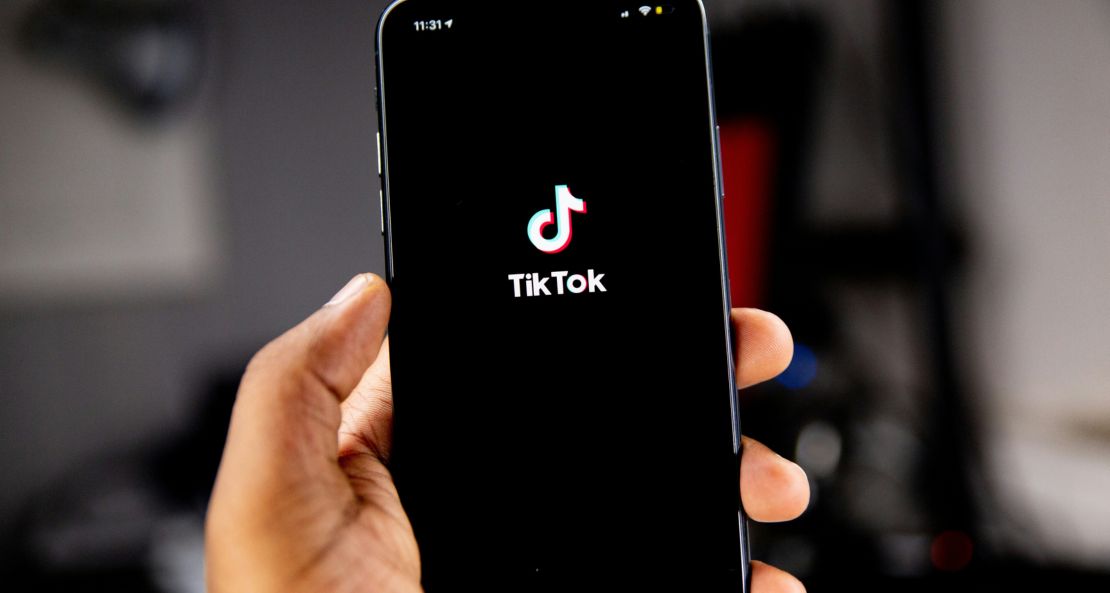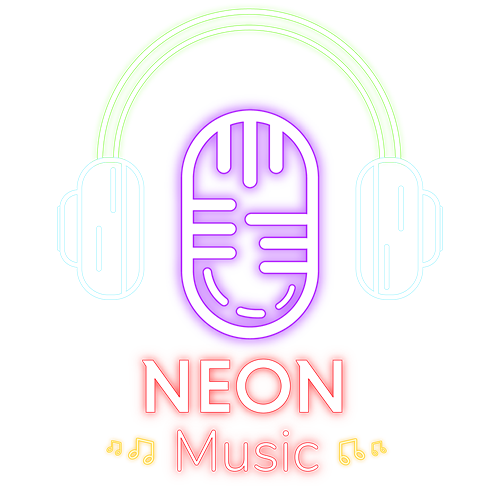
The Origins and Evolution of “Womp Womp”
The phrase “womp womp” has permeated various aspects of internet culture, but its roots are far deeper than contemporary digital trends.
Originally an onomatopoeia, “womp womp” mimics the sound of a sad trombone, specifically the descending notes typically played to signify disappointment or failure in a humorous context.
This sound effect, known among aficionados of classic television and radio as the “sad trombone,” has been a staple in comedic timing for decades, indicating a comic failure or deflating moment.
From Radio Waves to Digital Expressions
Though the exact origins of the sad trombone sound are a bit murky, it’s clear that the effect has been a comedic tool since the early days of broadcast media.
As technology evolved, so did the usage of this sound, transitioning from live performances and broadcast media to becoming a staple in digital communications as memes and sound effects on various platforms.
“Womp Womp” in Modern Media
In today’s digital age, “womp womp” frequently appears across social media platforms, from Twitter to Instagram and, notably, TikTok.
On TikTok, where new slang and expressions gain viral popularity, “womp womp” is often used in captions, comments, and spoken in videos to denote playful mockery or to comment on minor failures and disappointments.
The Nuance of Digital Communication
While “womp womp” can inject a humorous note into online interactions, its use is nuanced. The tone and context can dramatically affect its reception.
Used one way, it can come across as lighthearted and witty; used another, it might seem insensitive or dismissive.
This dual nature makes “womp womp” a versatile yet complex piece of internet vernacular.
The Cultural Impact of “Womp Womp”

A Tool for Humorous Commentary
“Womp womp” serves as a linguistic tool that people use to engage with content humorously.
It acts as a verbal eye-roll or a sonic shrug, perfect for text messages and social posts where one might want to convey a laid-back, irreverent attitude towards a situation typically deemed disappointing or undesirable.
Controversy and Criticism
Despite its comedic origins, “womp womp” has not been without controversy.
Its use in political or sensitive contexts can lead to criticism, as seen during a notable incident in 2018 involving a political commentator’s dismissive “womp womp” in response to a story about a sensitive humanitarian issue.
Such incidents highlight the potential for backlash when slang crosses into arenas where the stakes are higher, and the audience may perceive such remarks as trivialising serious matters.
Conclusion: The Complexity Behind the Comedy
The phrase “womp womp” illustrates the complex ways in which language evolves and adapts across different media and societal contexts.
What began as a simple sound effect has grown into a multi-faceted expression that captures a range of emotions and reactions, from amusement to critique.
As with any element of popular culture, understanding “womp womp” requires not only a knowledge of its origins but also an awareness of the contexts in which it is used today.
You might also like:
